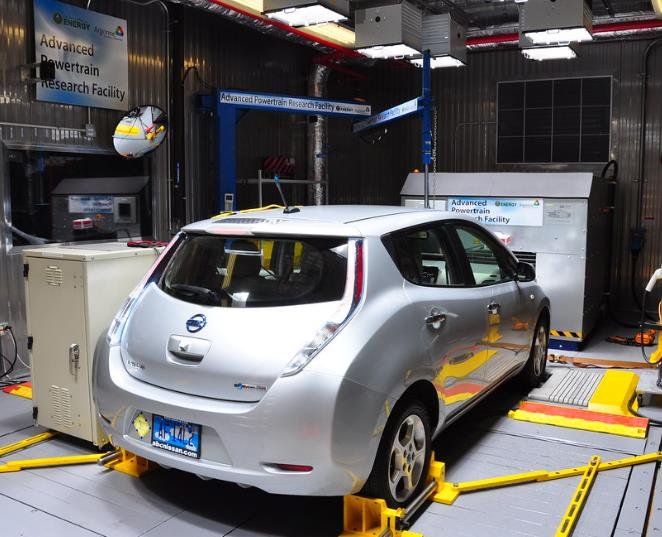The European Union (EU) is poised to take a significant step in its trade relations with China by potentially imposing import duties on Chinese electric vehicles (EVs). This move comes after an investigation into whether Chinese carmakers have received market-distorting subsidies, potentially harming EU car manufacturers. German automakers, who heavily rely on the Chinese market, are expressing concern about potential retaliation from Beijing.
The EU’s investigation into Chinese EV subsidies has raised alarm bells among German auto CEOs. As China’s EV exports to Europe surge, the EU is considering higher tariffs. But how high would these tariffs need to be to deter Chinese EV exporters? Let’s explore the implications.

The Investigation
The European Commission has found “sufficient evidence” that new battery electric vehicle imports from China have increased sharply since the investigation began. Many of these imports received government subsidies in the form of tax breaks or direct funds. The EU is now evaluating potential countermeasures based on World Trade Organization rules, which could result in tariffs ranging from 15% to 30%.
China’s EV Exports to Europe
China’s EV exports to the EU have surged, accounting for 37% of all EV imports in the bloc. In 2023, EU imports of EVs from China reached $11.5 billion, up from $1.6 billion in 2020. This growth has caught the attention of German carmakers, who fear the consequences of EU countermeasures.
German Carmakers’ Concerns
German automakers, including BMW, Volkswagen, and Mercedes-Benz, are particularly vocal in their opposition to EU tariffs. These companies rely heavily on revenues from their Chinese business. BMW’s CEO, Oliver Zipse, warns against protectionist measures, emphasizing that operating globally provides an industrial advantage. Volkswagen also acknowledges the risk of retaliation.
Overcapacity or Not?
BMW’s CEO rejects the notion that Chinese overcapacity is at the heart of the dispute. He views the anti-subsidy probe as contrary to expectations. While German carmakers want to avoid protectionism, they also fear the potential consequences of swift Chinese retaliation.
















